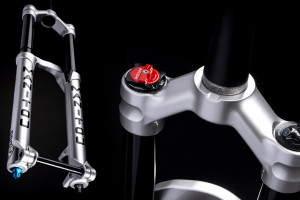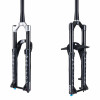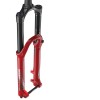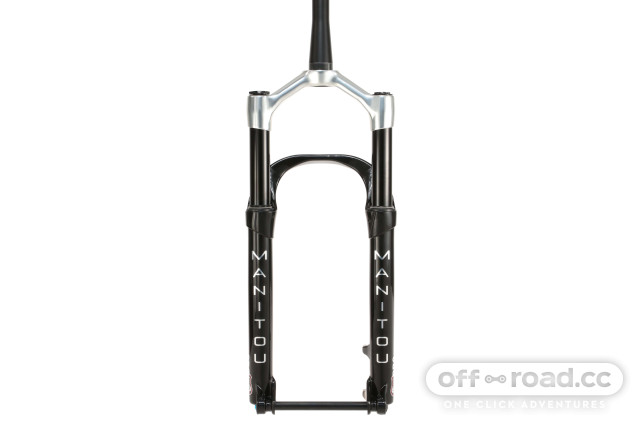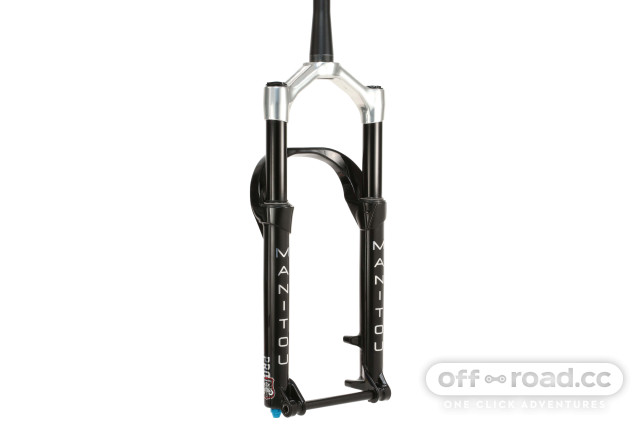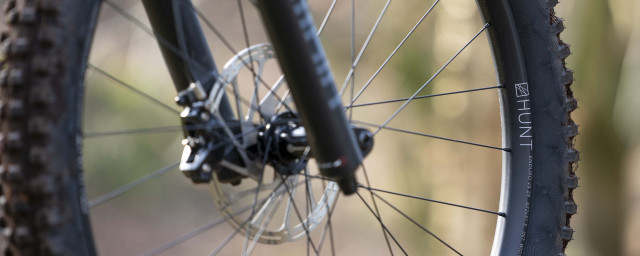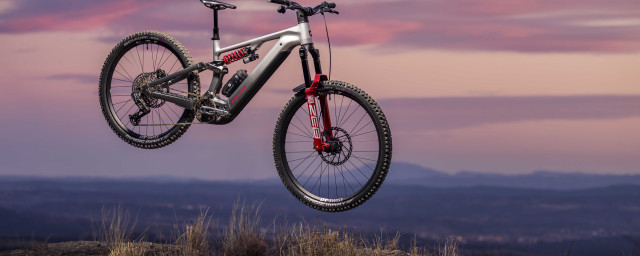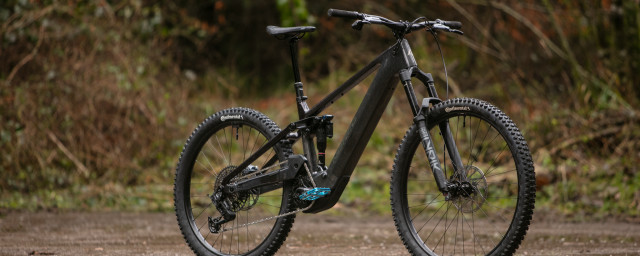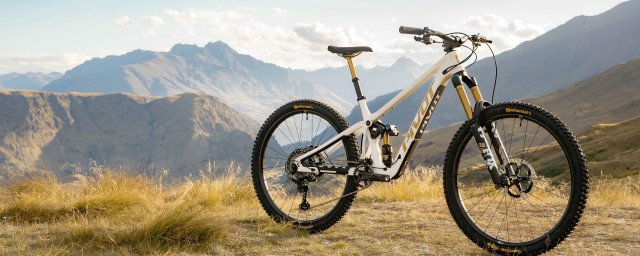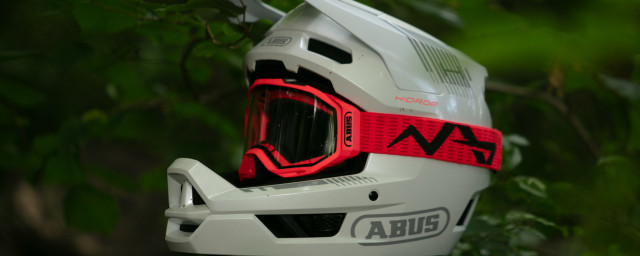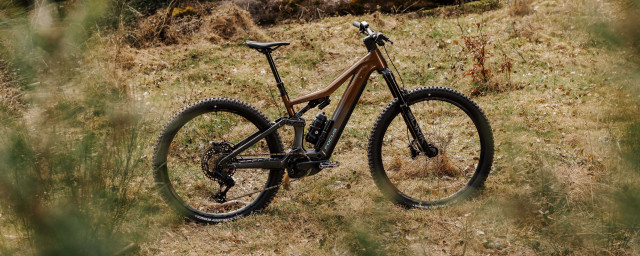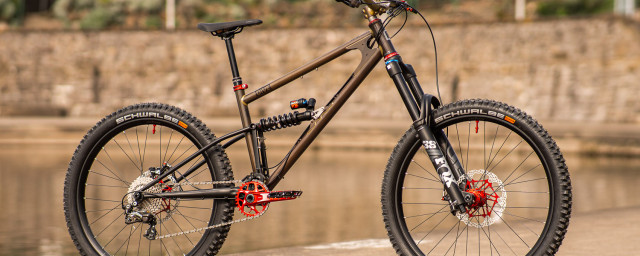Manitou tweaks Mastodon fat bike fork

Committed mountain bikers who live in severe winter climate trail areas know the value of a fat bike-specific fork. Fat bike tyres create unique riding demands and Manitou has redesigned its Mastodon fat bike fork by reducing weight, enhancing geometry and giving riders more travel options than before.
- Discover the world of bikepacking with Komoot
- Volume spacers - what are they and how they work
- 5 best upgrades for your new mountain or gravel bike
Instead of repurposing a trail fork, Manitou’s Mastodon is designed for fat bike riding. That means a 15x150mm front axle and lots of tyre clearance, with room for 26x5.05in or 27.5x4.5in fat bike rubber.
To match the commitment of extreme winter fat bike riders, Manitou’s engineering team validated the new Mastodon at temperatures down to -40 degrees. At those extreme temperatures, the contraction of materials becomes an issue, with fluids and seals also becoming strained. The latest Mastodon fork is tested to perform as intended at the extreme sub-zero temperatures that fat bike riders will use them.
Manitou’s engineering and design team have made the new Mastodons a touch lighter, with the Comp trimming 106g of weight and the Pro 120g, for a total mass of 2104g. The new Manitou Mastodon forks feature a post-mount brake caliper, accommodating 180- to 223mm diameter rotors.
Featuring 34mm stanchions, the Mastodon Comp and Pro forks are available for 100- or 120mm of travel, with damping controlled by Manitou’s proven Dorado air spring. Riders can internally adjust the forks in 10mm increments, opening up the travel range from 80- to 140mm on a Comp and 80- to 160mm on a Pro fork.
The idea of a 160mm fat bike fork might be extreme, but if you are a snow and ice enduro rider and own a custom-made fat bike frame with appropriate geometry, then Manitou’s travel-adjusted 160mm Mastodon Pro is ideal.
Recognizing the value of having more rider weight biased to the front of a fat bike, the new Mastodon forks have reduced fork offset from 51- to 44mm. This should benefit from more balanced steering inputs and responsiveness riders on longer and slacker geometry custom fat bikes.
